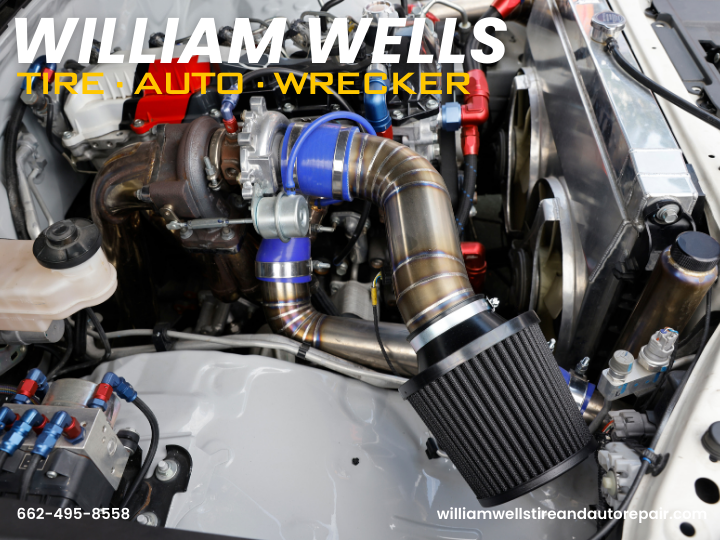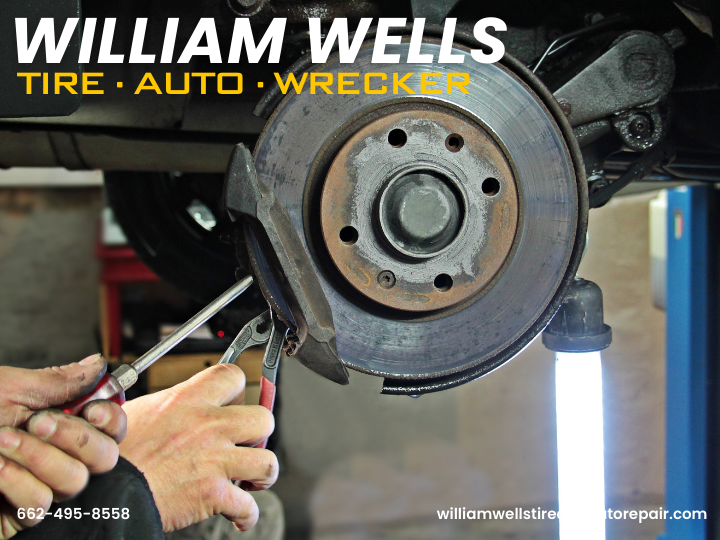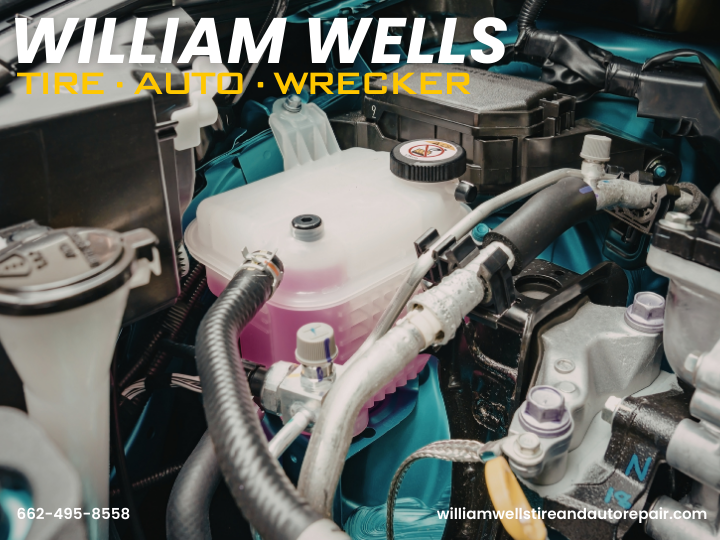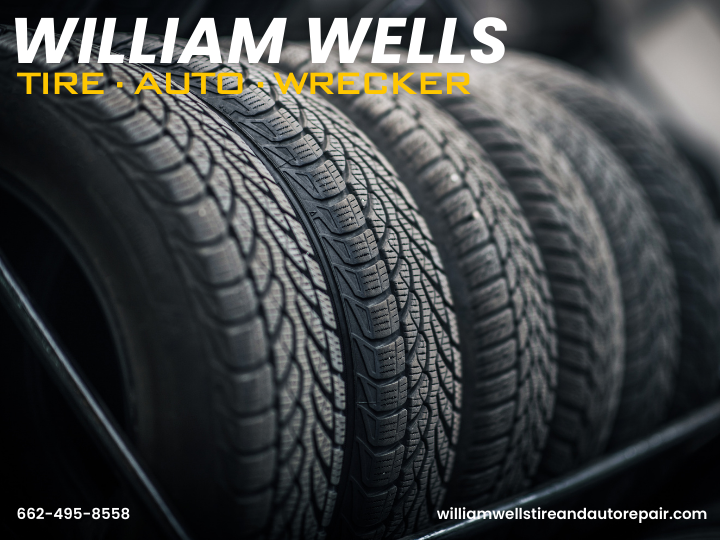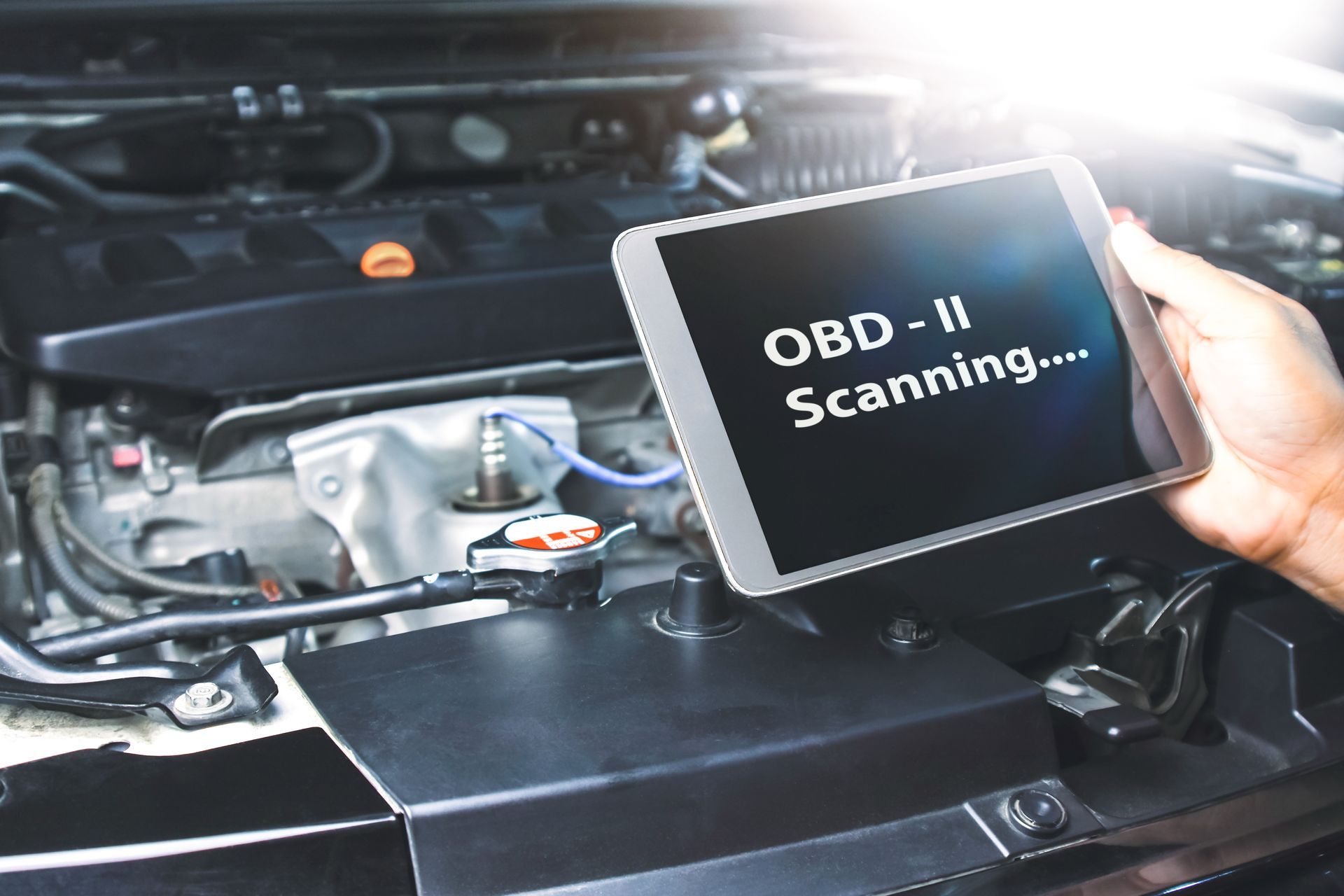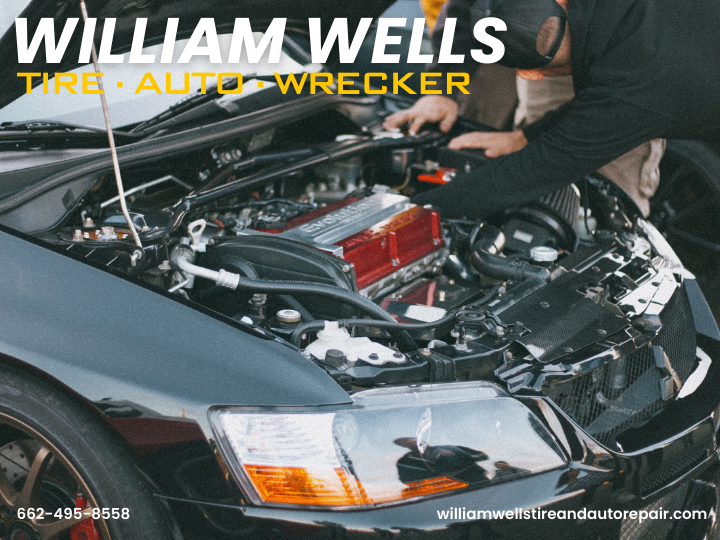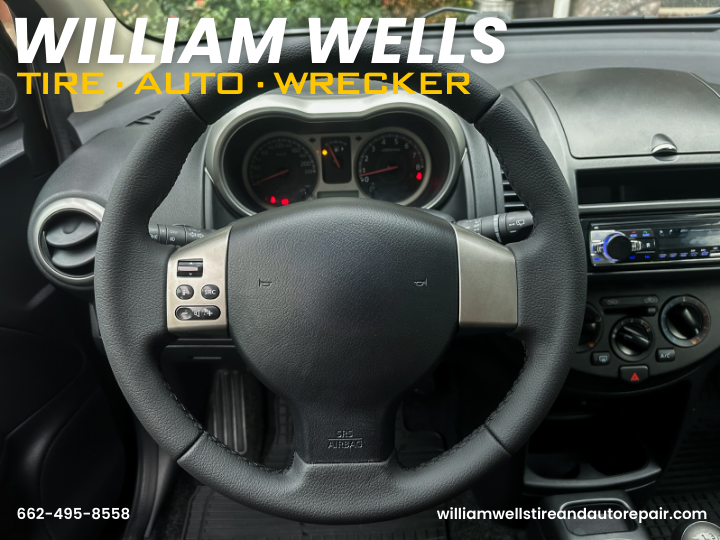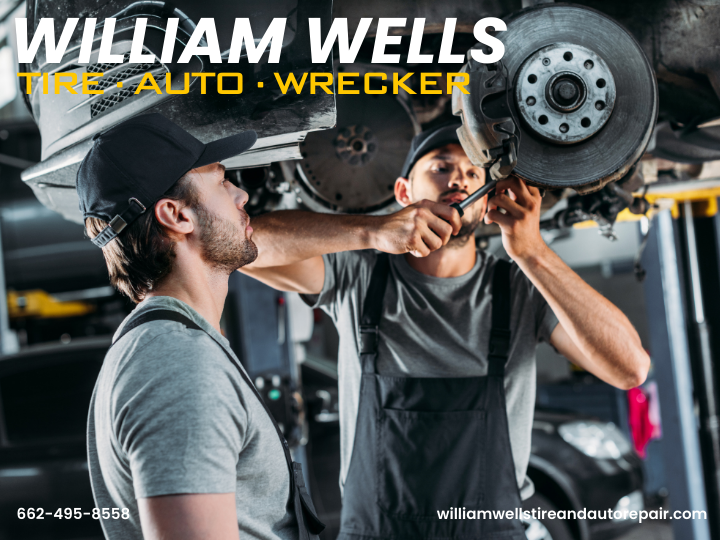Oil changes are one of the most common and important services your car will ever need. They keep your engine running smoothly, prevent premature wear, and help avoid expensive repairs. But even though it’s a basic task, there’s still a lot of confusion surrounding oil changes. Drivers in Columbus, West Point, and Starkville often hear conflicting advice about when and how to change their oil.
Some of these myths seem harmless, but if you follow bad advice for too long, it could damage your engine or shorten the life of your car. Here are five common oil change myths you should stop believing.
1. You Must Change Your Oil Every 3,000 Miles
This is one of the oldest and most persistent myths. While it was true for older cars using conventional oil, most modern vehicles today do not need oil changes that frequently. Many vehicles now run on synthetic or semi-synthetic oil, which can last between 5,000 and 10,000 miles, depending on driving conditions and the manufacturer’s recommendations.
Changing your oil too often wastes time and money. Instead, check your owner's manual for the suggested interval and follow that schedule unless your driving conditions require more frequent changes.
2. If the Oil Still Looks Clean, It Doesn’t Need to Be Changed
Oil color alone is not a reliable indicator of its condition. While new oil is golden and translucent, it often darkens quickly as it picks up contaminants and begins to break down. Just because it doesn’t look dirty doesn’t mean it’s still doing its job effectively.
Oil loses its viscosity and additive strength over time, especially under heat and pressure. So even if the oil looks clean on the dipstick, it might not be providing enough protection. Stick to time or mileage intervals, not appearances.
3. You Can Just Top Off the Oil Instead of Changing It
If your oil level is low, topping it off is sometimes necessary to prevent engine damage. But simply adding oil is not the same as replacing it. Old oil still contains dirt, metal particles, and chemical breakdown that can harm engine parts.
Only replacing the oil filter and draining the old oil can refresh the system completely. Topping off is a temporary fix, not a substitute for a proper oil change.
4. Synthetic Oil Causes Leaks in Older Engines
This myth likely started years ago when synthetic oil was first introduced. Early formulas were sometimes thinner and more likely to seep through worn seals in older engines. However, modern synthetic oils are designed to be compatible with both new and high-mileage engines.
In fact, synthetic oil can be beneficial for older engines because it offers better lubrication, improved heat resistance, and reduced engine sludge. Unless your vehicle has specific restrictions, switching to synthetic is generally safe and often recommended.
5. You Can Skip Oil Changes if You Don’t Drive Much
If you only drive short distances or use your car infrequently, it might seem like you can stretch out the time between oil changes. But oil still degrades with age, even if the car isn’t driven much. Moisture, condensation, and temperature fluctuations can all affect the oil’s quality.
If you let your car sit for long periods or only use it for quick trips, you may actually need to change the oil more often. Short trips don’t allow the engine to warm up fully, which means moisture stays in the oil and creates the risk of sludge buildup.
Why Regular Oil Changes Matter
Oil changes are one of the least expensive forms of preventative maintenance. Skipping them or following bad advice can lead to significant engine problems, such as overheating, poor fuel economy, and premature wear. Fresh oil protects the moving parts of your engine, keeps it cool, and prevents harmful deposits from building up.
By staying on top of your oil changes, you extend your engine’s life and maintain the performance and reliability of your vehicle.
Trust William Wells Tire & Auto in Mississippi for Expert Oil Service
Whether you're in Columbus, West Point, or Starkville, the team at William Wells Tire & Auto is here to keep your engine healthy with quality oil changes and expert advice. We’ll help you choose the right oil for your vehicle, explain your maintenance schedule, and make sure your car runs clean and strong.
Book your oil change with us today and protect your engine from the myths that do more harm than good.


